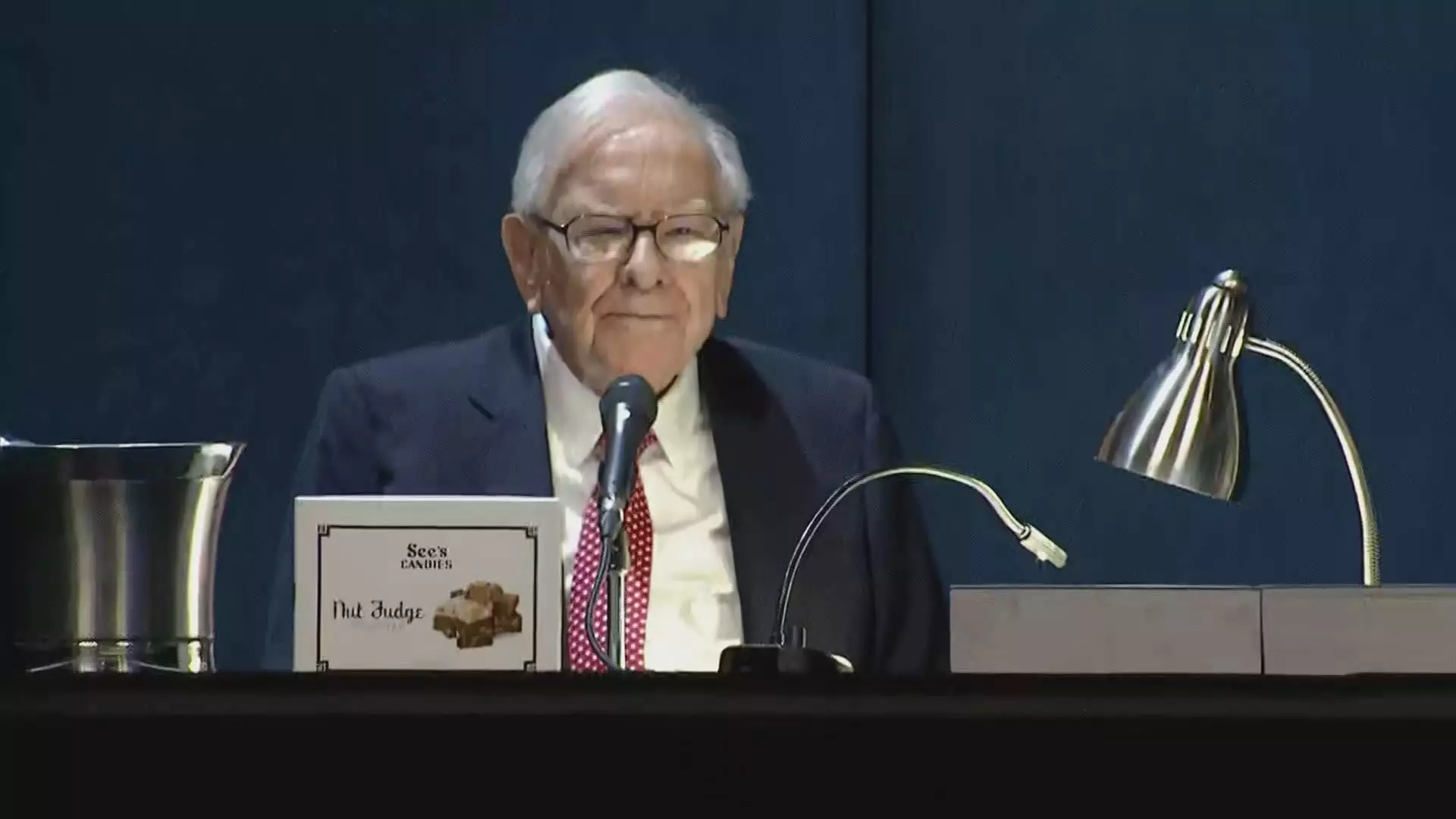Warren Buffett, the renowned investor and CEO of Berkshire Hathaway, has been steadily reducing his company’s stake in Apple Inc., a move that has shocked many in the financial community. By the end of September, Berkshire’s investment in Apple was valued at approximately $69.9 billion, representing a staggering 67.2% decrease from the previous year. This sell-off marks the fourth consecutive quarter in which Buffett has trimmed his holdings in the tech giant, suggesting a significant strategic shift after years of expansion. The current stake amounts to roughly 300 million shares, a reduction of about a quarter from the previous totals.
Motivations Behind the Sell-Off
The reasons for this drastic divestment remain somewhat speculative, yet several theories have emerged. Analysts have pointed to potential overvaluation of Apple shares as a driving factor, prompting Buffett to minimize Berkshire’s exposure to the stock. At one point, Apple constituted nearly half of Berkshire’s equity portfolio, a level of concentration that could be seen as risky. High valuations and large concentration in one stock could lead to volatile swings in Berkshire’s overall value, an unfavorable scenario for a company of its size.
Furthermore, during the recent annual meeting in May, Buffett hinted that his decision to sell may be influenced by possible tax reforms. With the U.S. government grappling with fiscal challenges, there is speculation about an impending increase in capital gains taxes, which could incentivize investors to cash out now rather than face higher taxes in the future. However, the scale of the sales suggests that there might be additional underlying reasons driving this strategy.
Notably, Buffett’s approach to technology companies has evolved throughout his career. Historically, he was averse to investing in tech stocks, often citing a lack of familiarity and expertise. However, the allure of Apple, with its robust customer loyalty and innovative products, managed to capture his interest. Under the guidance of his investment protégé, Ted Weschler, Buffett began purchasing Apple shares in 2016. He has since regarded Apple as one of the most critical investments in Berkshire’s portfolio, even ranking it just below his renowned insurance businesses.
Despite the current sell-off, Apple’s stock has performed relatively well, recording a 16% increase year-to-date. Nevertheless, this performance pales in comparison to the broader market, exemplified by the S&P 500’s 20% rise within the same timeframe. Such market conditions raise further questions about the timing and strategy of Buffett’s ongoing sales.
As Berkshire Hathaway’s cash reserves hit an all-time high of $325.2 billion, the company finds itself in a unique position. The recent strategy of reducing stakes in Apple and pausing buybacks illustrates a cautious approach in an unpredictable market. While many investors are reevaluating their positions in tech stocks due to shifting economic dynamics, Buffett’s moves will undoubtedly be scrutinized closely by market watchers. Time will reveal whether this current divestment strategy proves to be a prudent one or a misstep for the Oracle of Omaha. Regardless, it is a significant moment in the investment landscape as traditional strategies meet the challenges of a rapidly changing market.

